
Solidarity

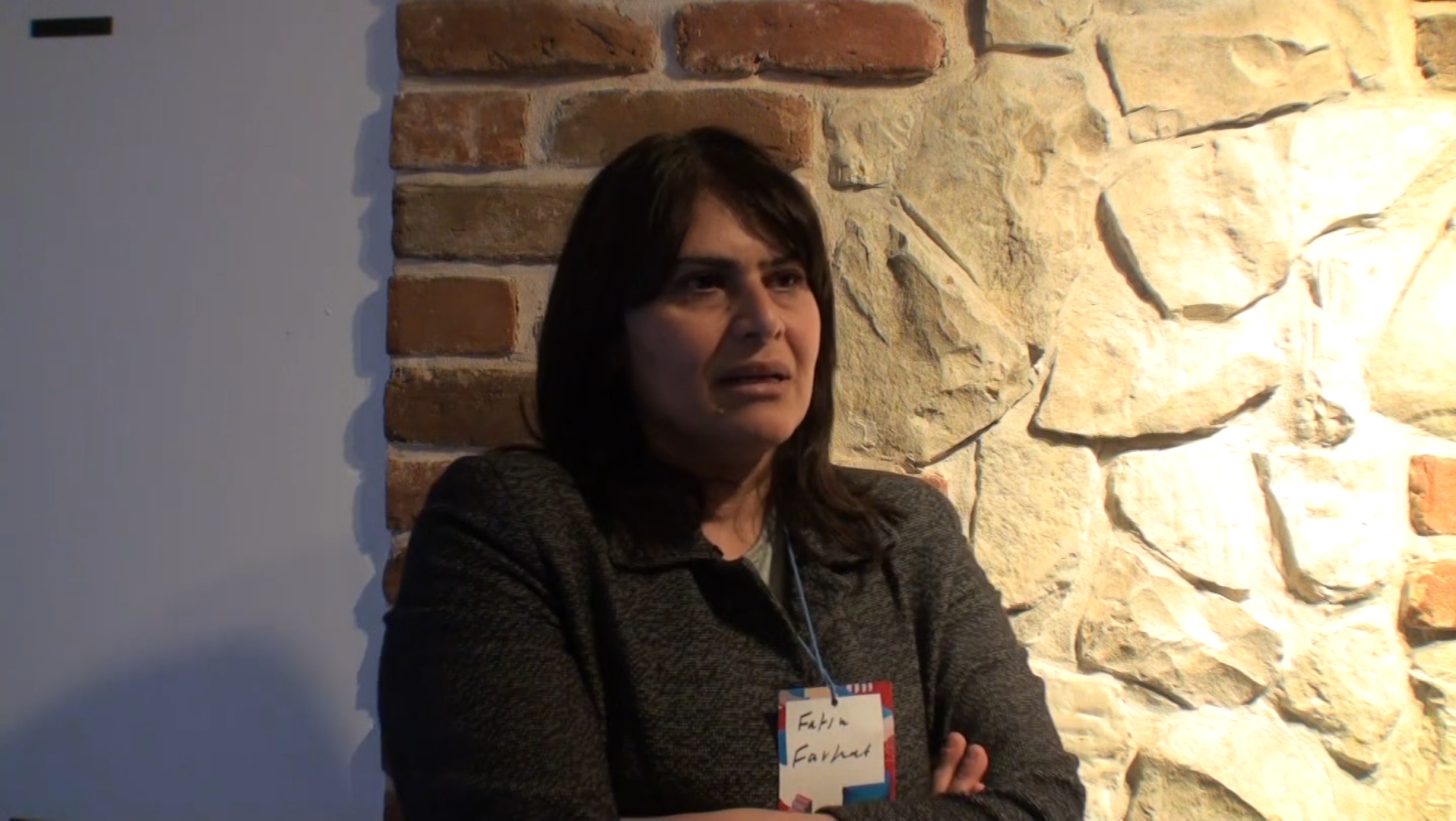
Fatin Farhat on cultural sector in the MENA region
Fatin Farhat, a Palestinian based cultural worker from Ramallah talks about art sector in Palestine and MENA region, as well as about RAWA, a bottom up funding initiative. Fatin is currently enrolled in the Cultural Policy program at Hildesheim University as a Ph.D., examining the potential of inviting new practices to grassroots cultural initiatives, while highlighting the potential role local governments can play in fostering community/citizen participation and cultural development in Palestine.
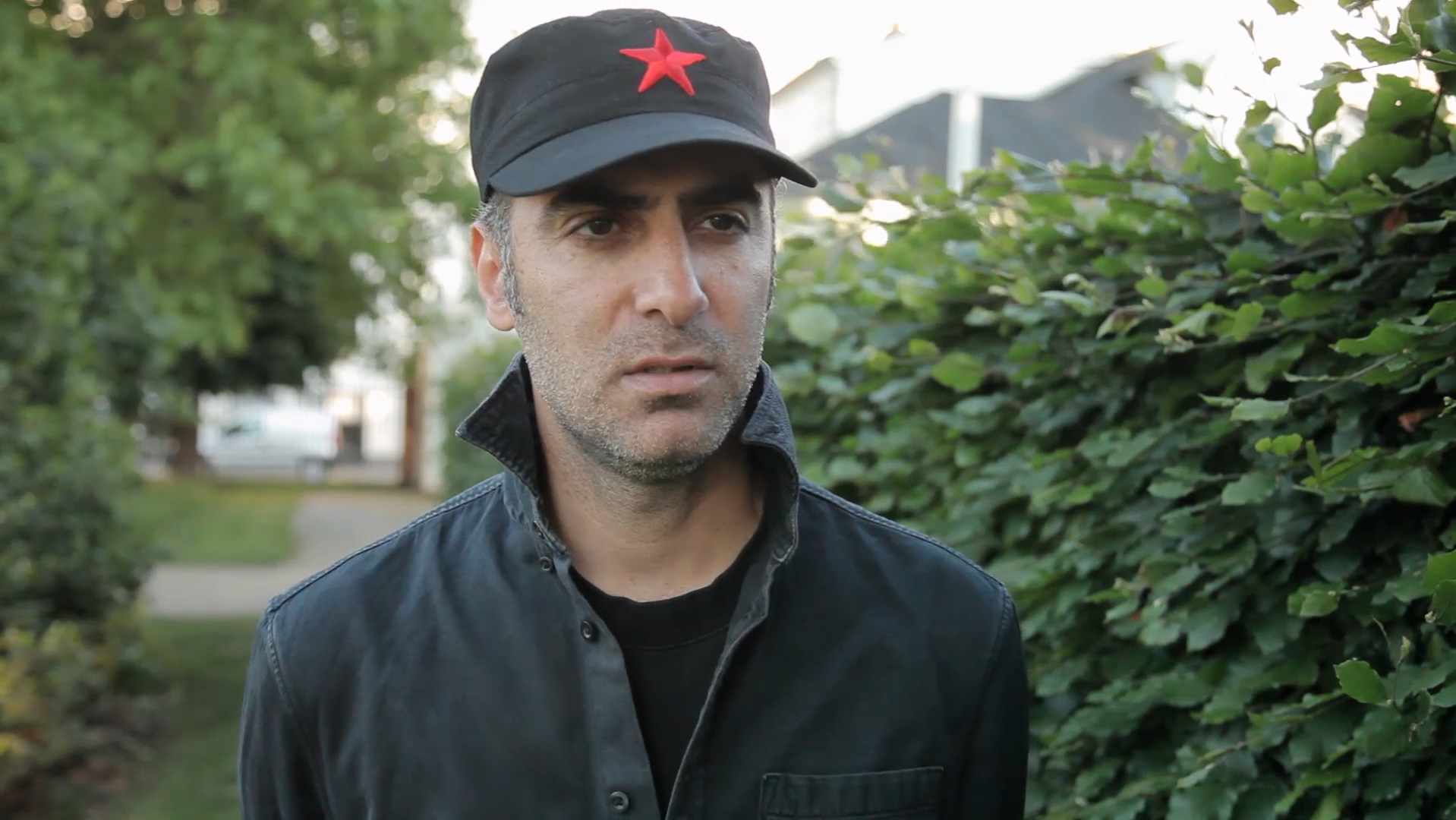
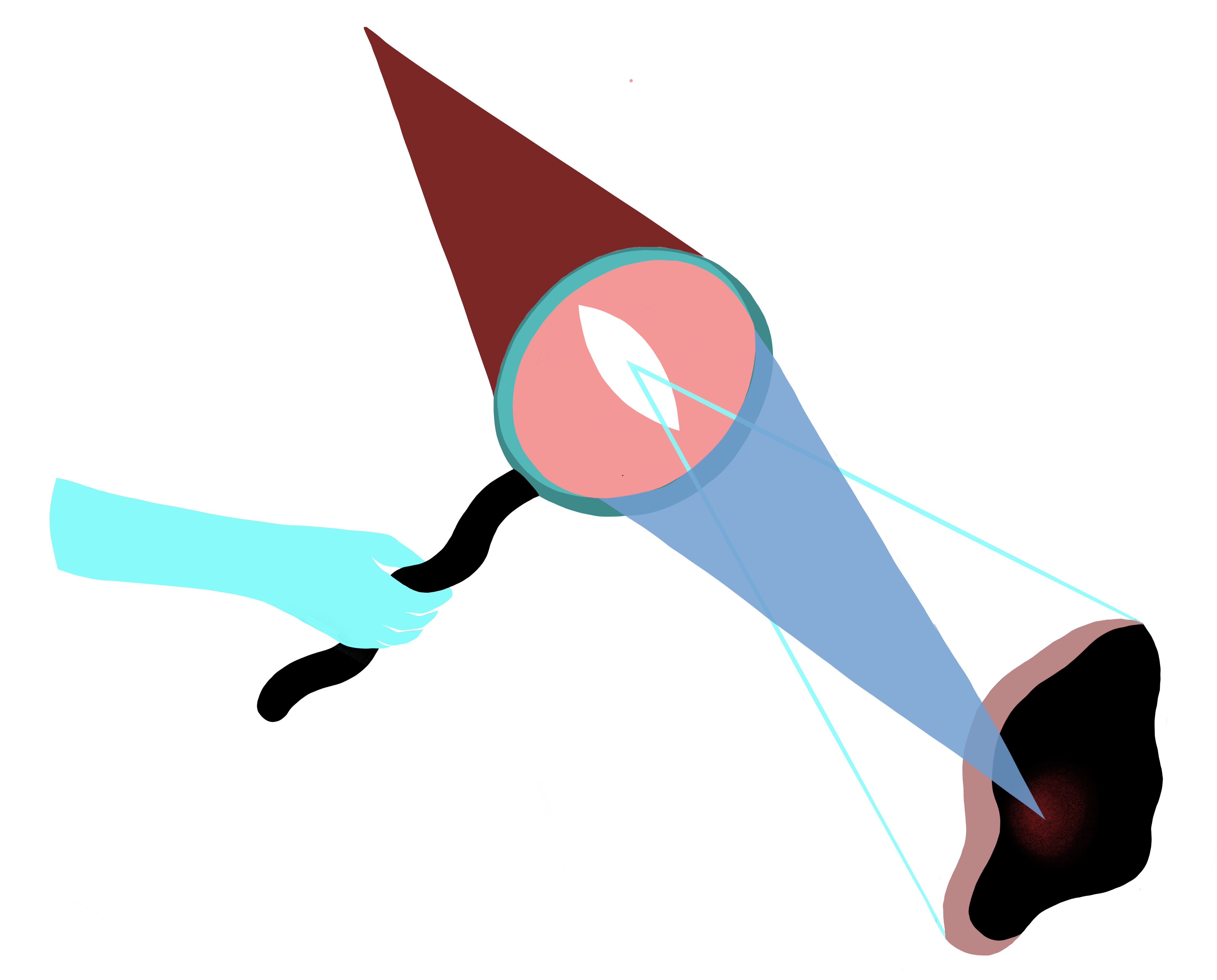
Solidarity Funding: Western European Dominance
Solidarity is a complex construct which can have many different perspectives due to individual belief, social, ethnic and cultural background. When it comes to solidarity in funding, it is mostly Euro-centric interpretation of the financing which refers mostly exclusively to Western and Northern Europe. The group extracted six prototypes of solidarity funding: solidarity manifesto, game, solidarity tax on Creative Europe funding which would be directed to the non-eligible states, social network based on solidarity and b'n'b platform opened for non-artist which would serve as basis for mobility fund.
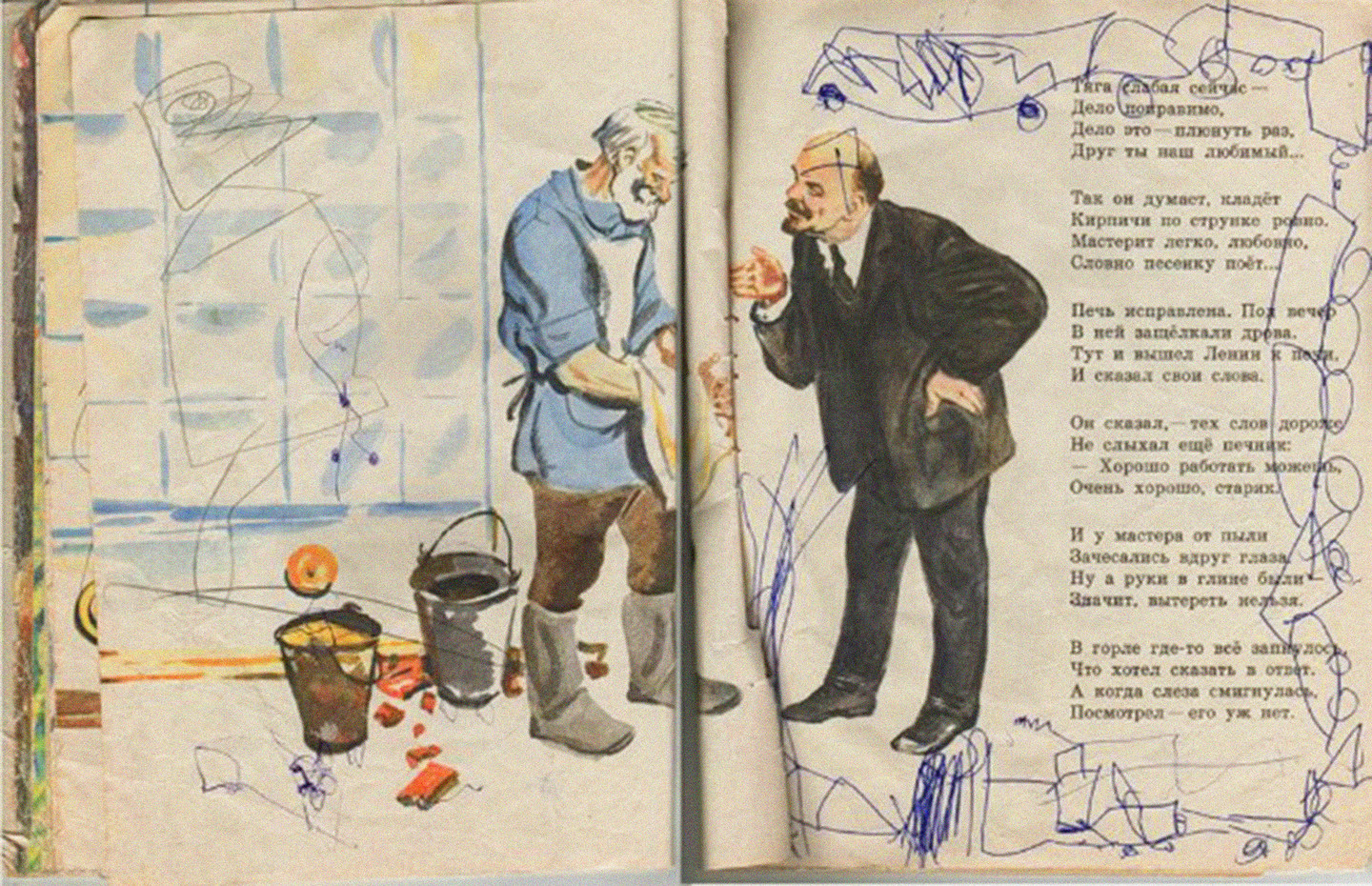
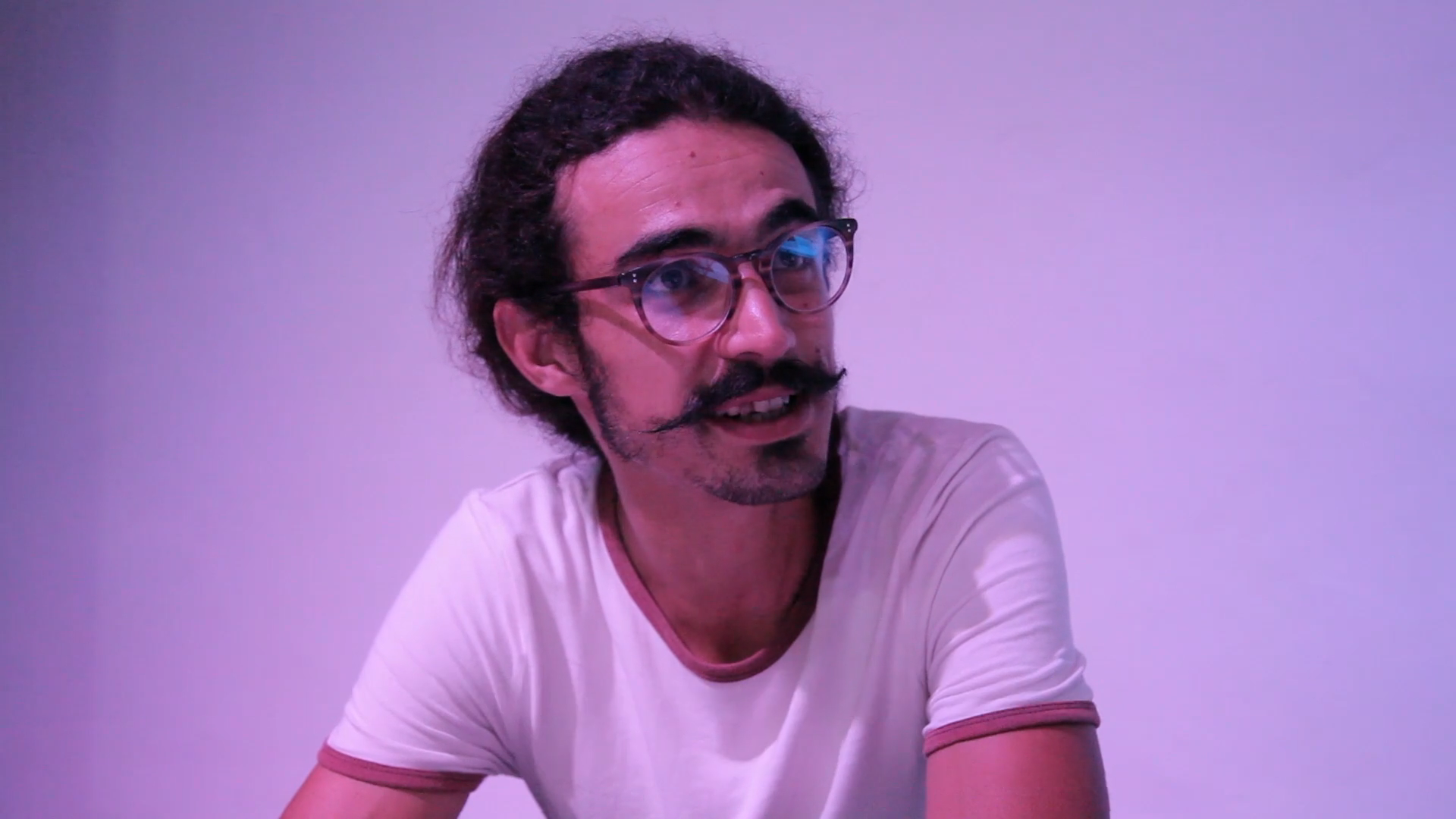
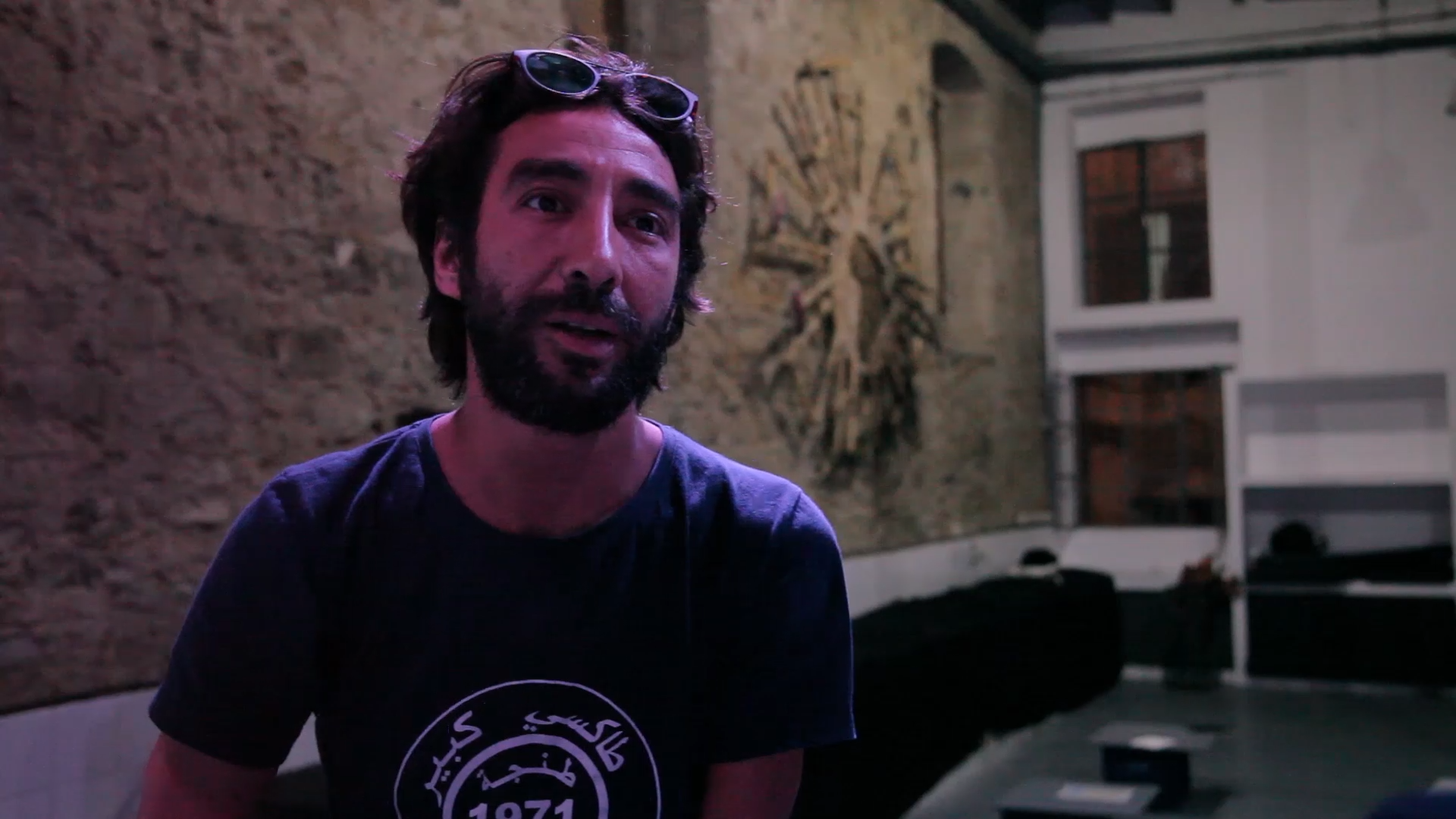
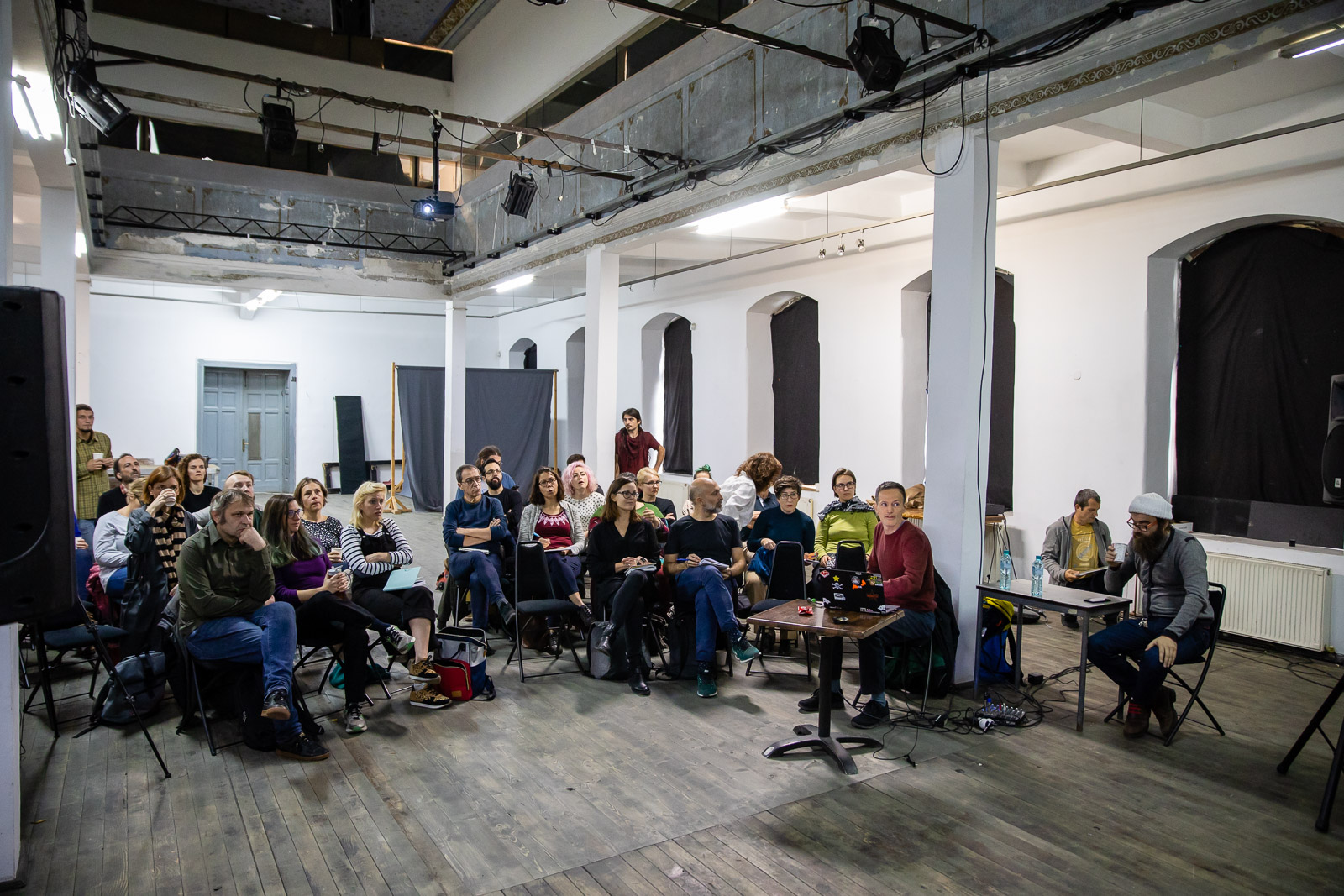
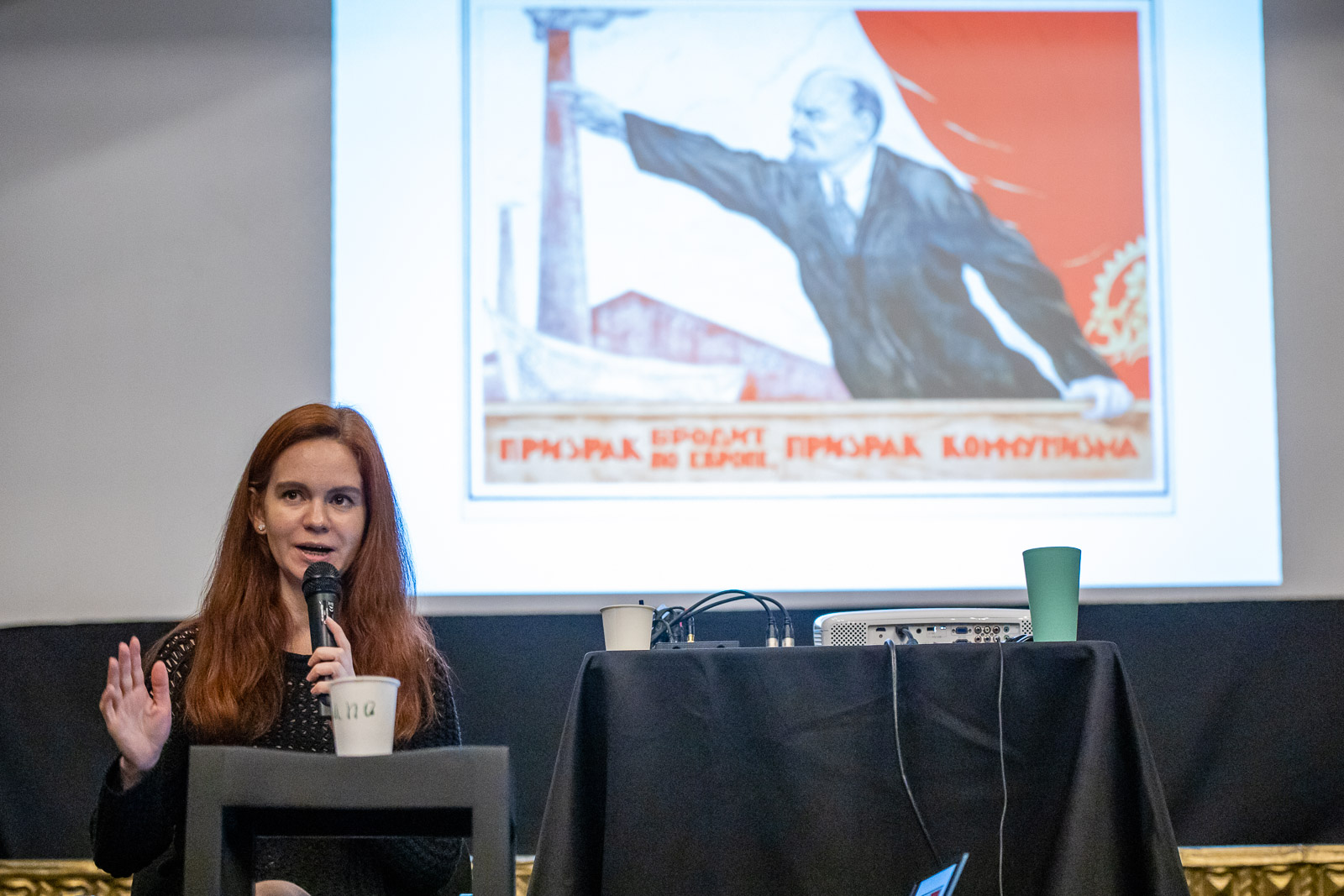
Oxana Timofeeva: Solidarity On The Planetary Scale
A critical engagement of theory and the arts in a dialogue with natural and technical sciences is characteristic for the materialist turn in contemporary culture. It rethinks historical processes from the perspective of the posthuman turn: the history of humans has to be inscribed into the history of things and the history of the World – into the history of the Earth.
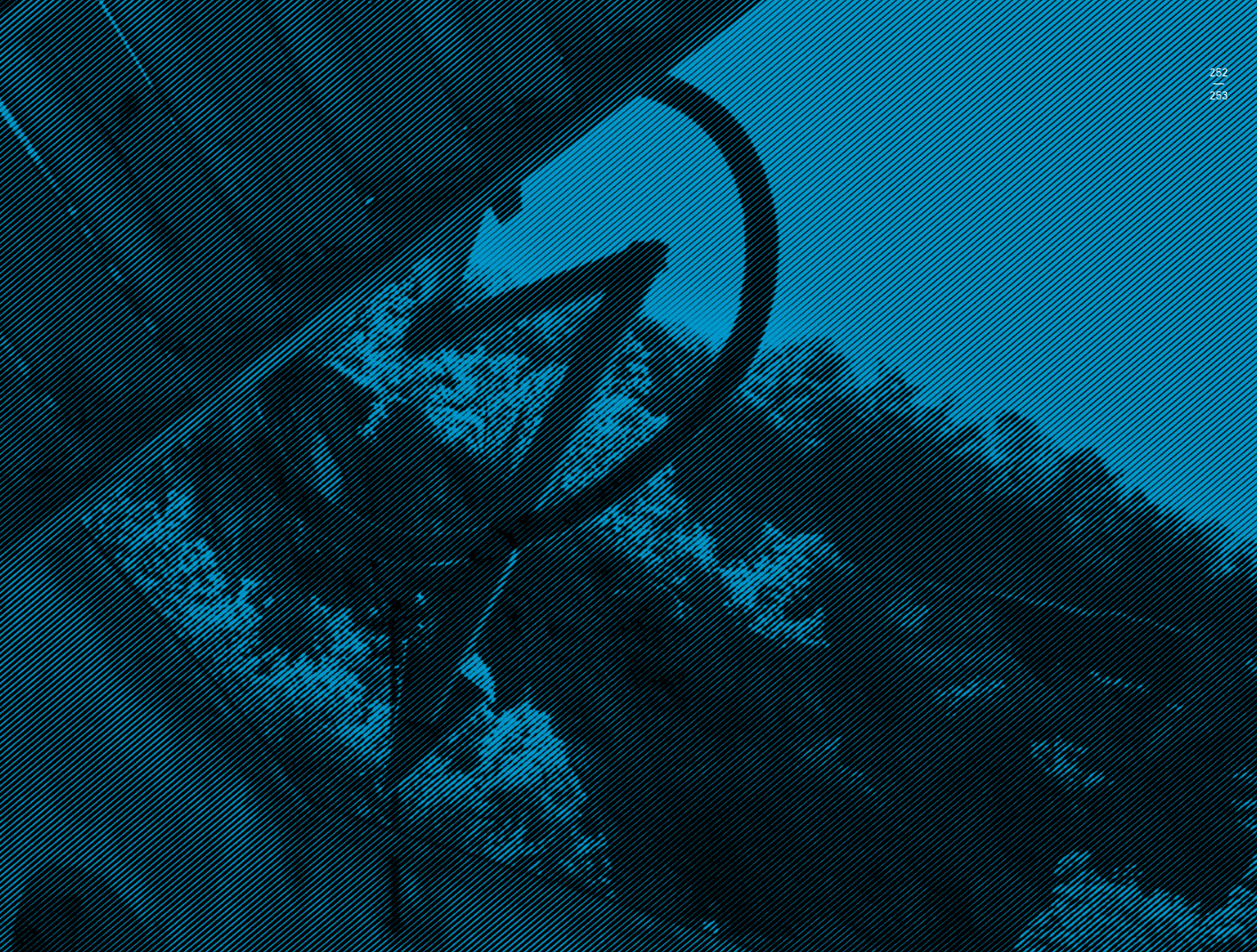
Do it Together. Practices and Tendencies of Participatory Governance in Culture in the Republic of Croatia
Participation does not imply only joining in the game but also the rules of the game, i.e., the conditions under which the game is played. Understanding these rules and the possibility of creating them make the key difference. Participation in this case becomes a tool for positive changes

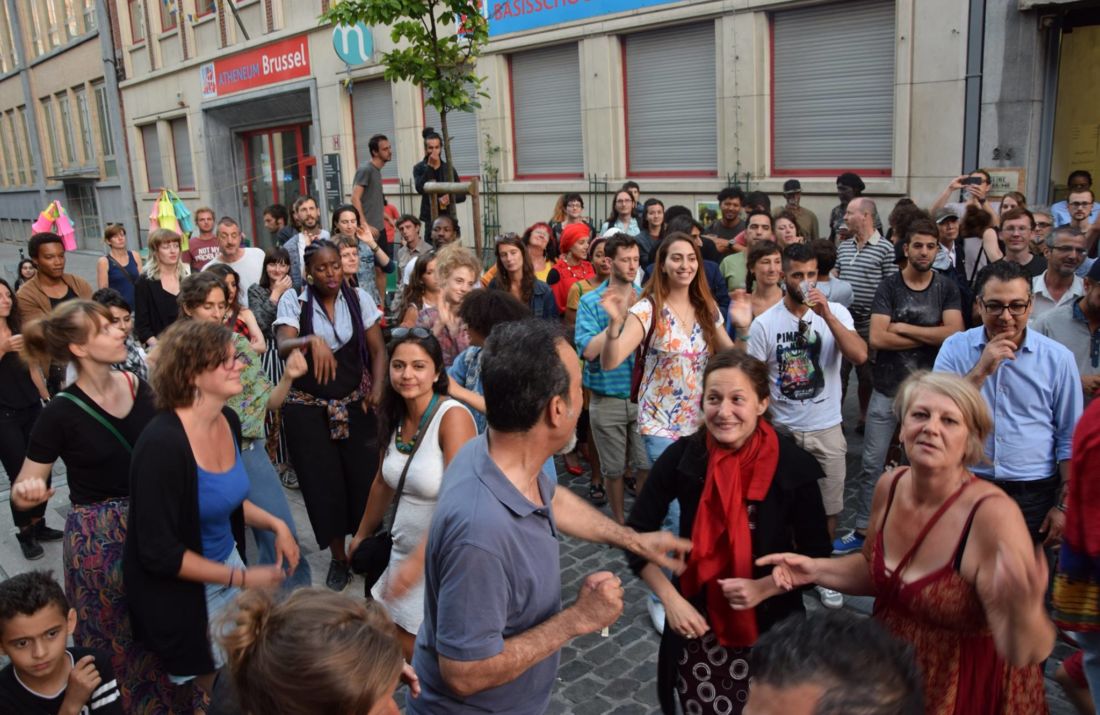
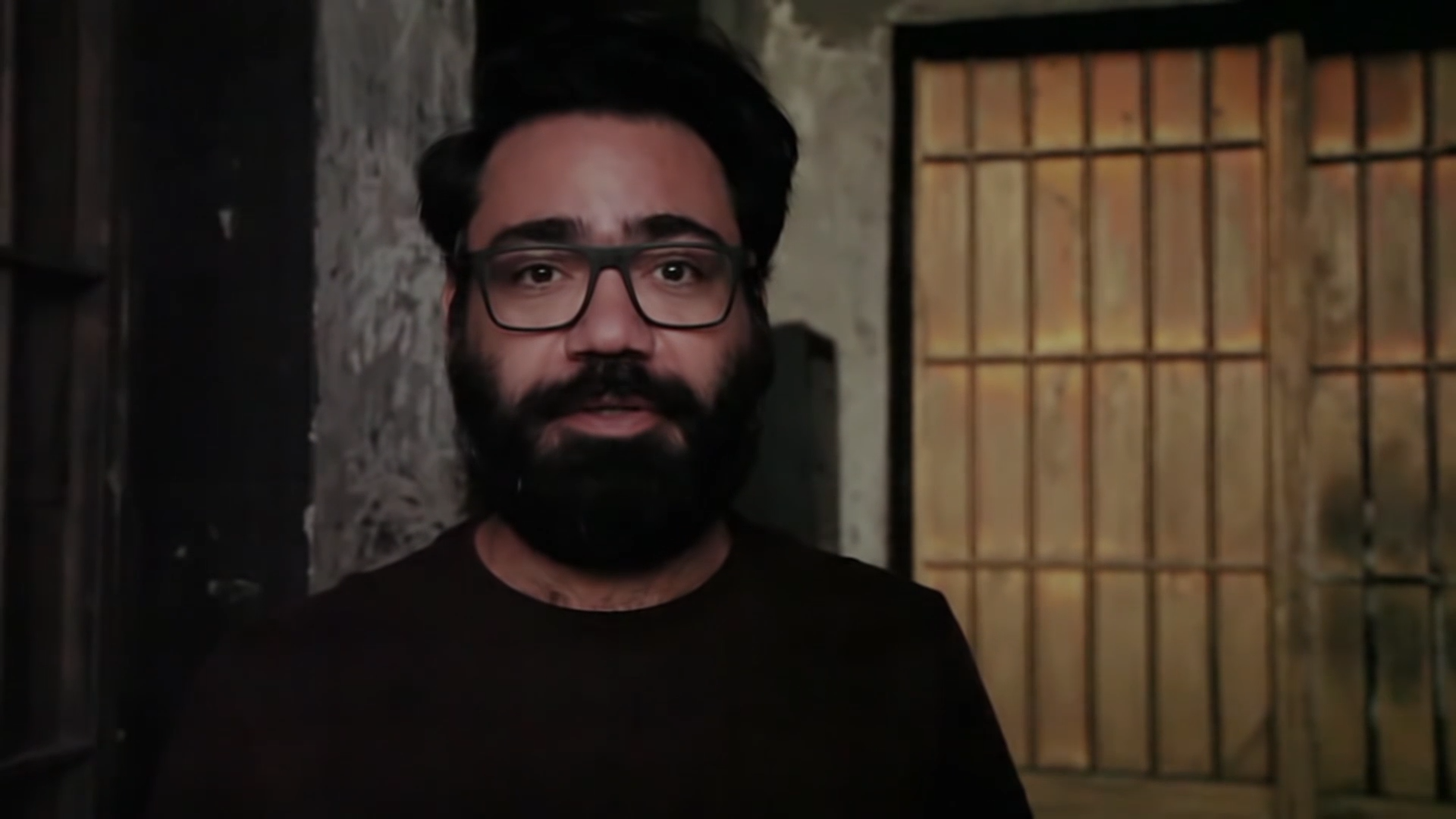
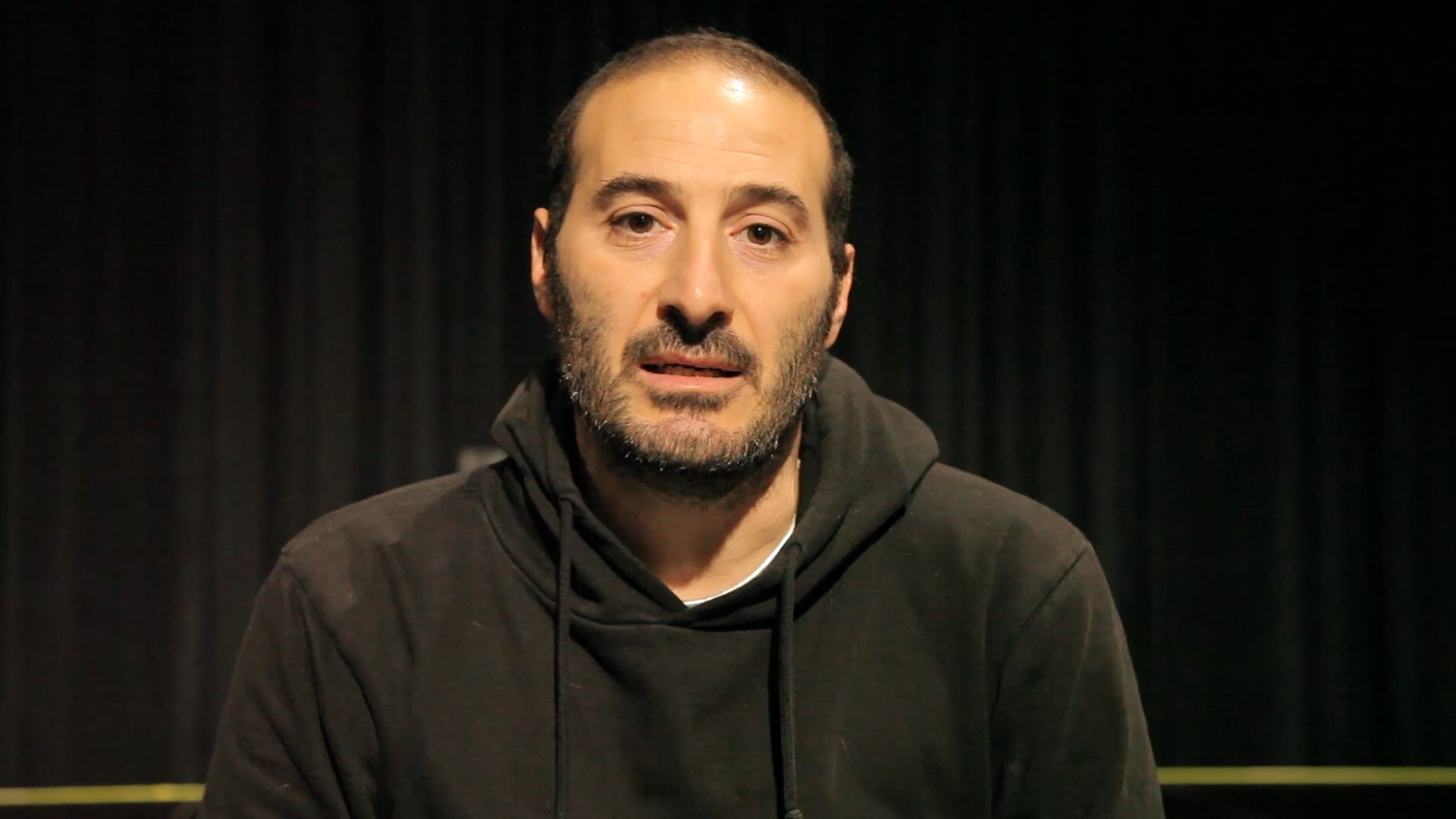
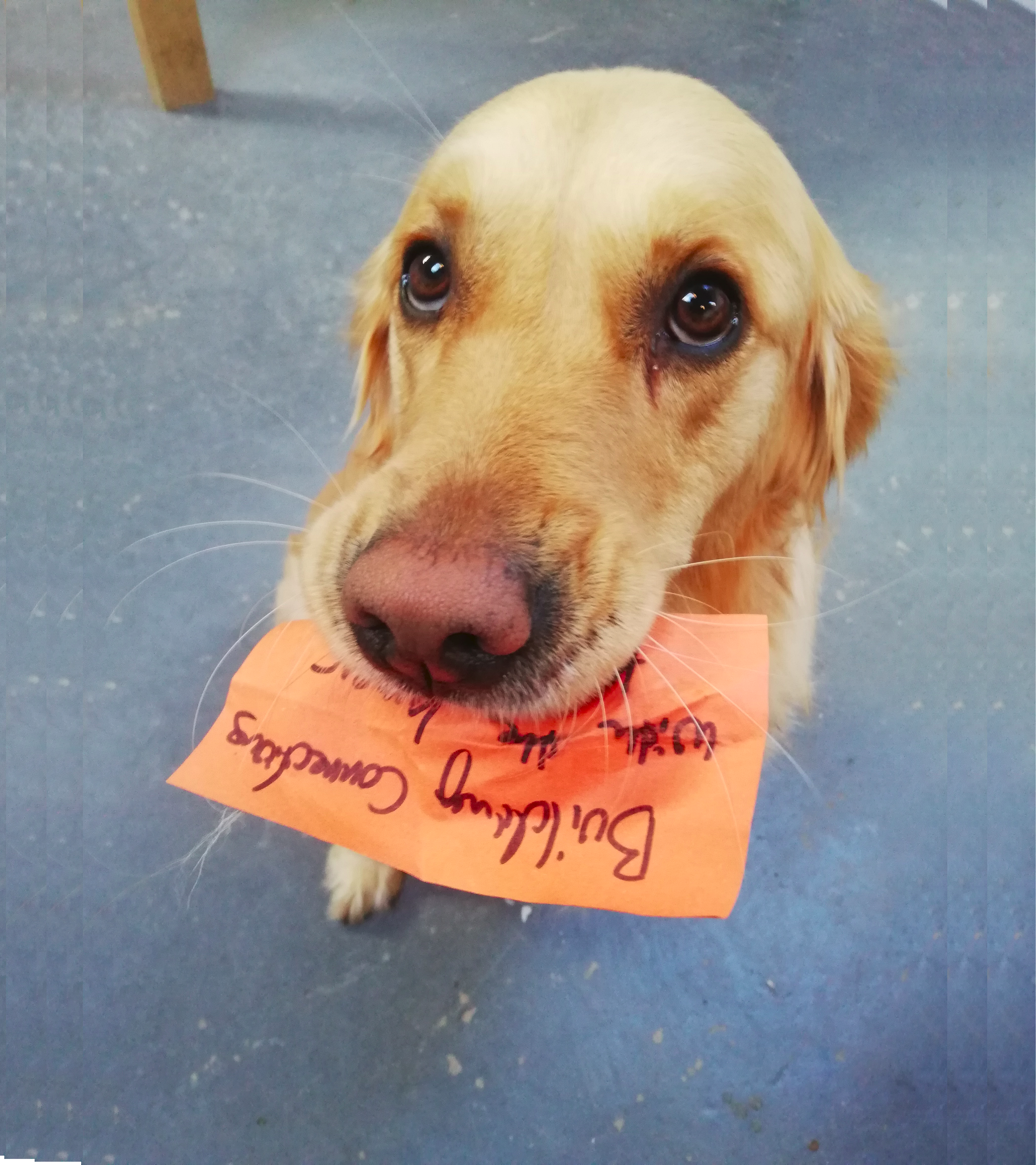
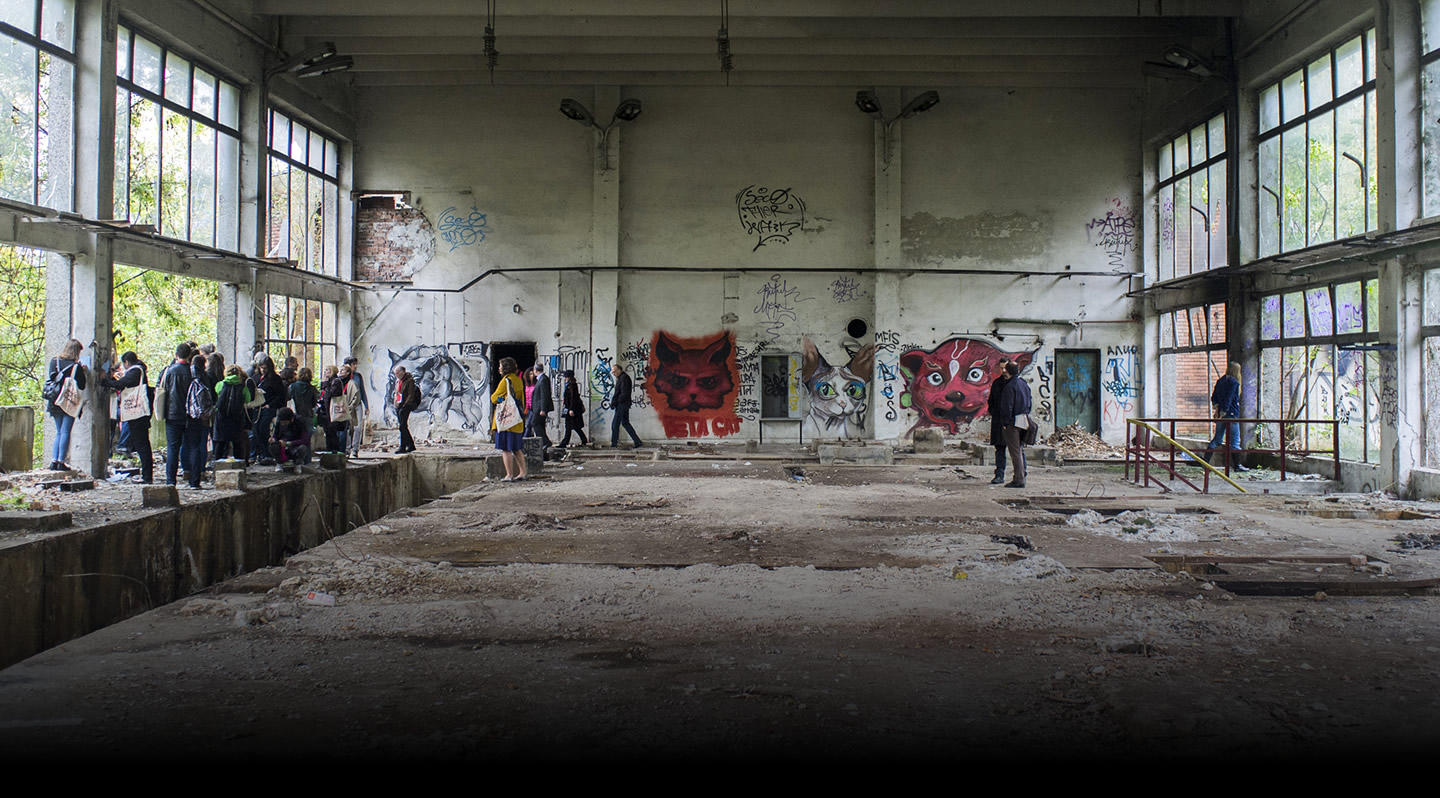
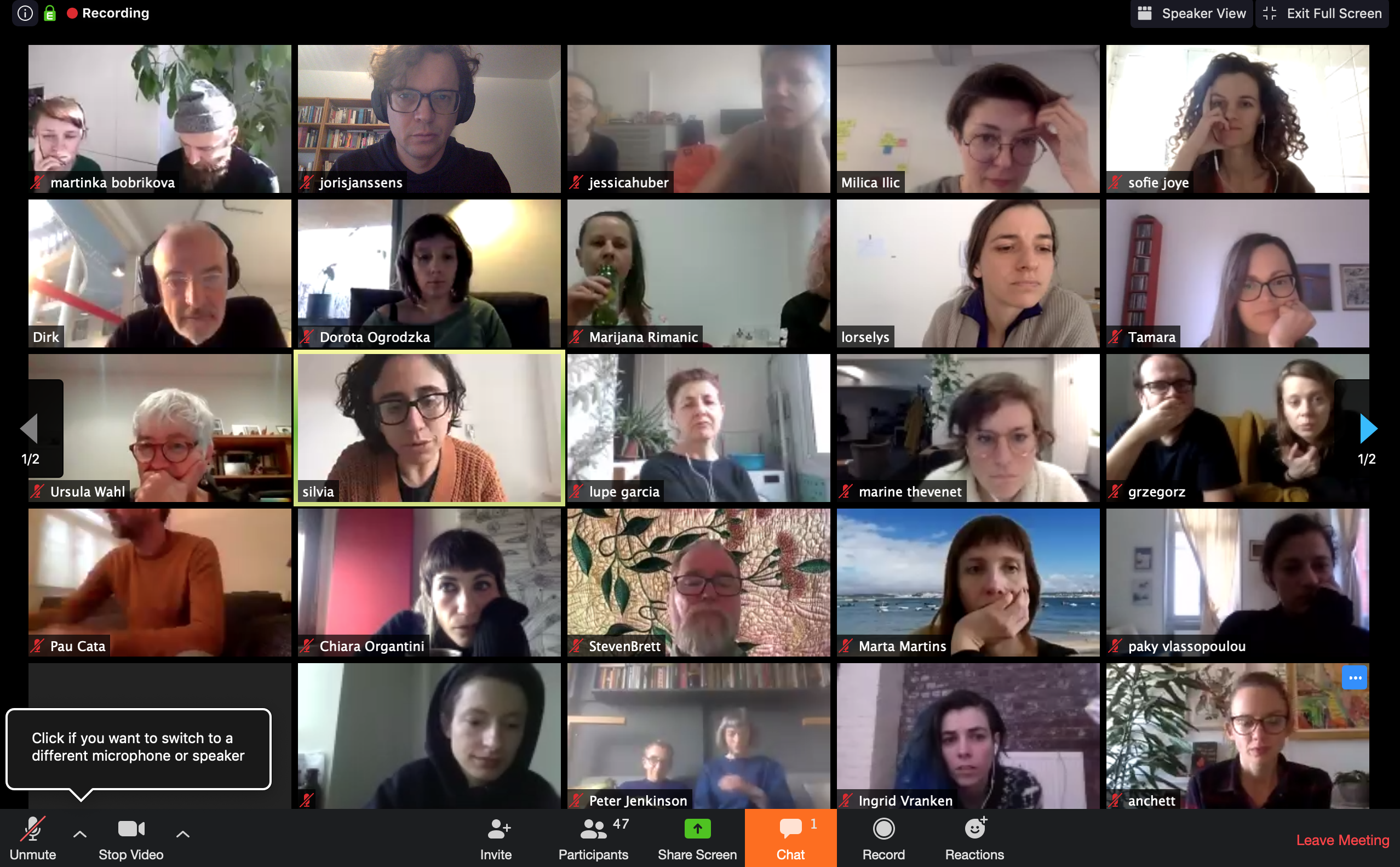
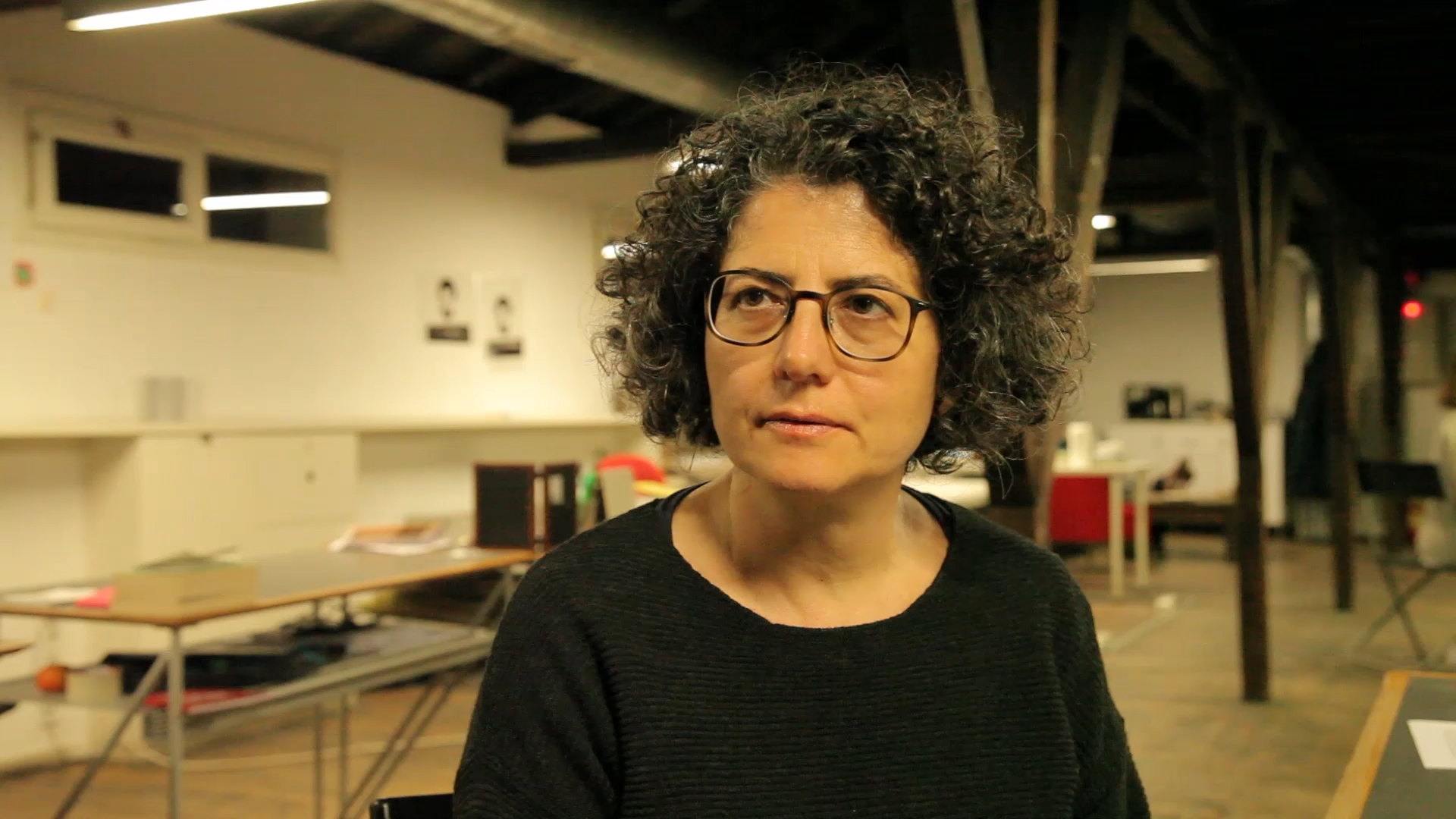
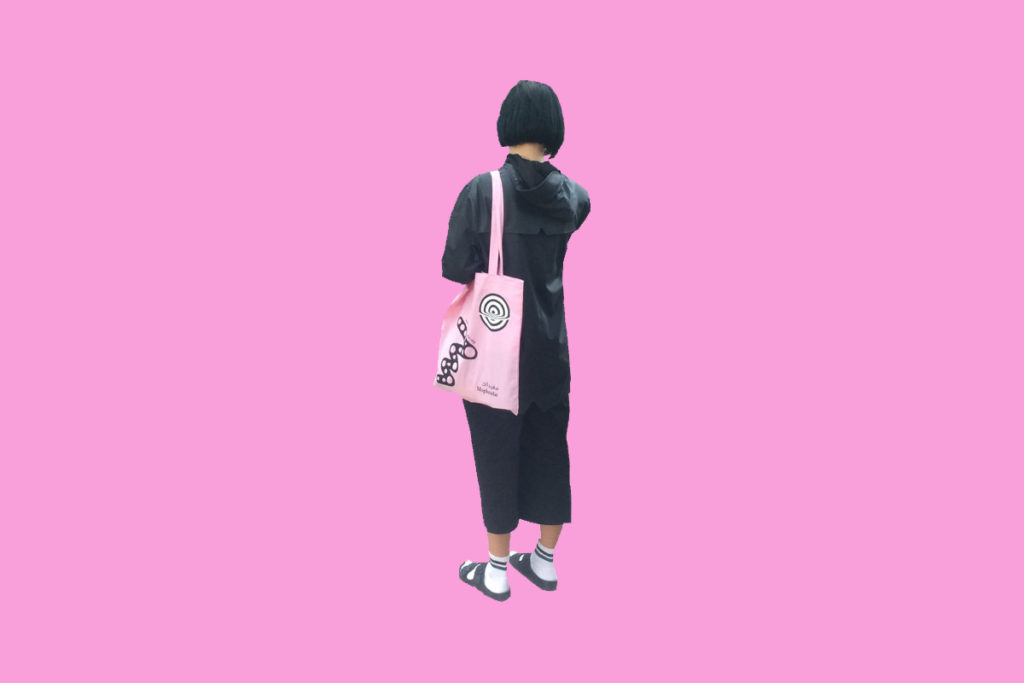
Mophradat - reinventing of articulations, discourses and meanings
Krystel Khoury presents Mophradat, an art organization that seeks to create opportunities for artists from the Arab world - a loose geographical determinant to which they approach in its full diversity and complexity. Located between Brussels and Athens, Mophradat is developing an innovative approach to funding, commissioning, collaborating, and gathering.
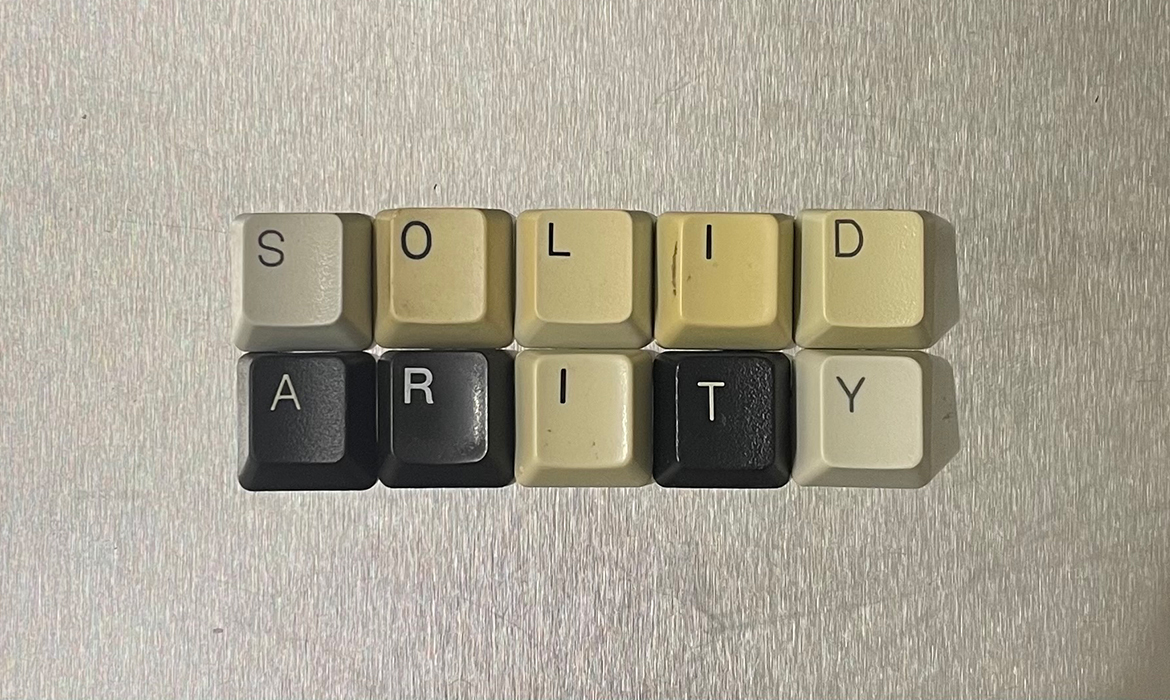
Various Faces of Solidarity — An interview with Nike Jonah
Nike Jonah is a research fellow with the Royal Central School of Speech and Drama at University College London and is also the lead for the Pop Culture and Social Change initiative at Counterpoint Arts. She engages in questions of strategic development in the cultural sector and across creative industries. In the context of RESHAPE, she was the facilitator of the solidarity economies trajectory, where questions of how art and cultural projects can be supported for their potential and not for where they are coming from have been raised. In this conversation, we address how the concept of solidarity funding was unpacked, and how the different projects and prototypes potentially manifesting it emerged.
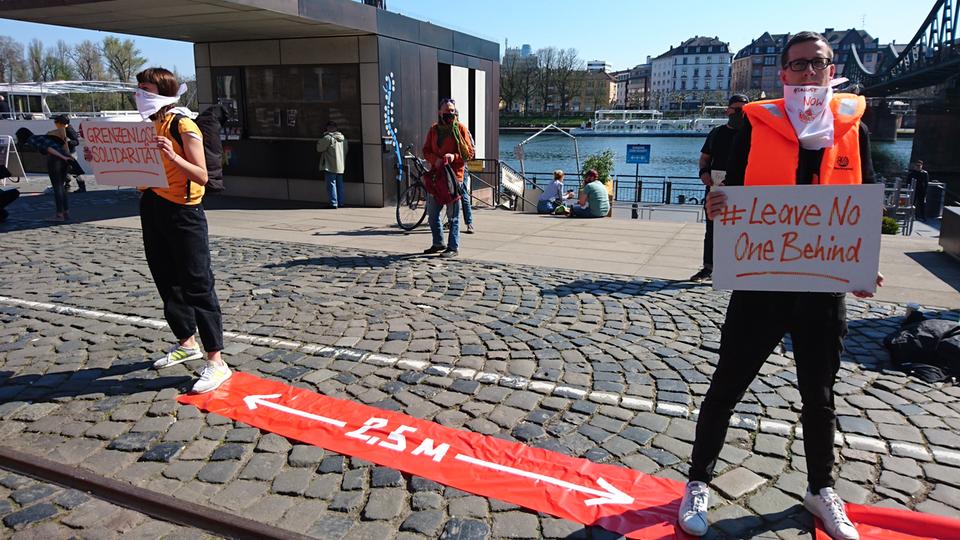
Lockdown Theatre (2): Beyond the Time of the Right Care: A Letter to the Performance Artist
Under the title ‘Lockdown Theater’ Schauspielhaus Zürich gathered theoretical thought experiments on theatre and performance during the Covid-19 pandemic. ‘How do a virus, a pandemic disease, and theatre affect each other? The texts do not address the crisis head-on, but touch it tangentially, without submitting to the information and opinion regime that it entails.’
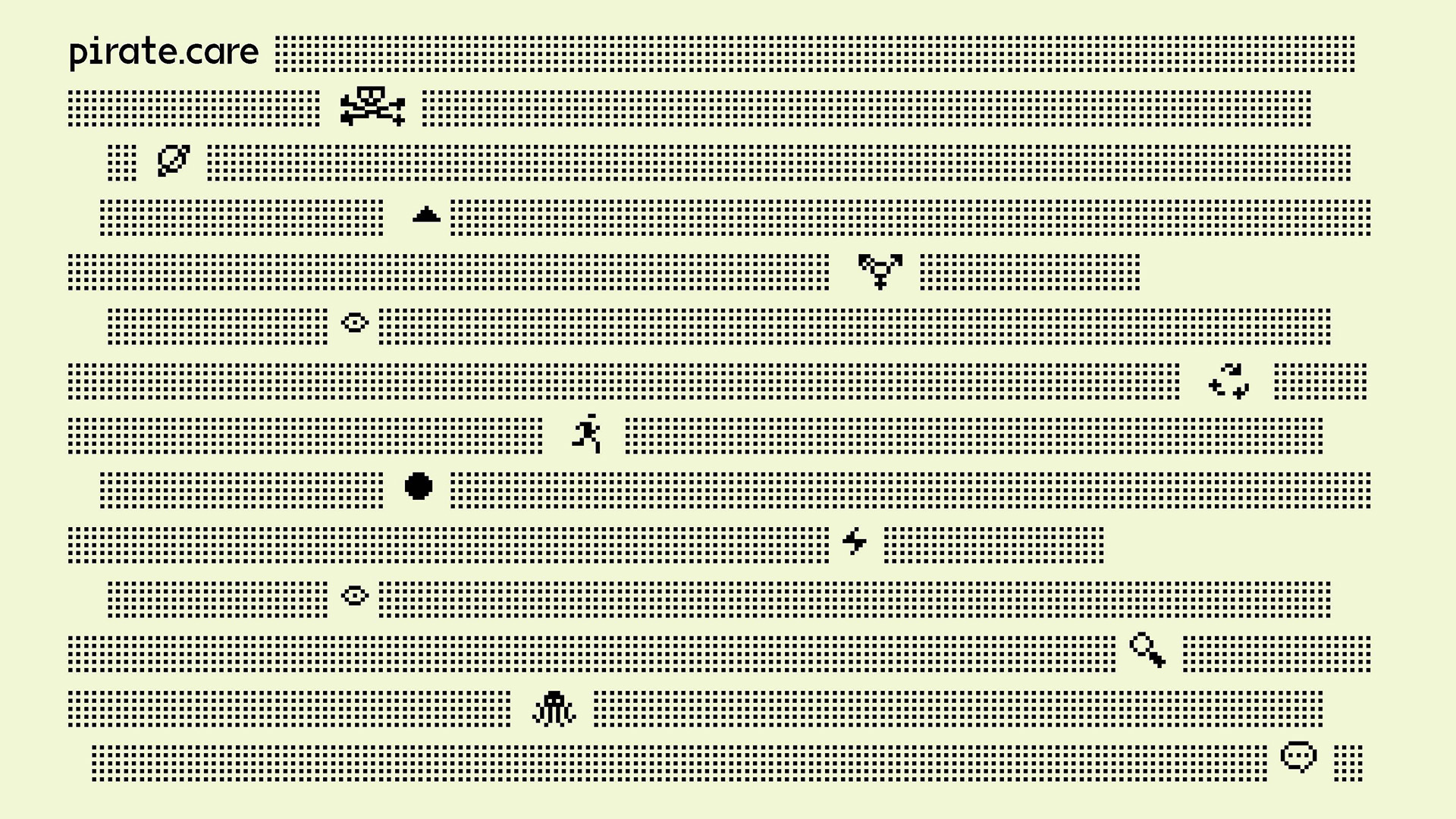
Politicising Piracy — Making an Unconditional Demand
Pirate Care is a transnational project connecting activists, scholars, and practitioners working on the collective practices of care that are emerging in response to the current ‘crisis of care’: welfare cuts, rollback of reproductive rights, austerity, and criminalisation of migration and solidarity. These initiatives are experimenting with forms of self-organisation, alternative approaches to social reproduction, and the commoning of tools. They share a willingness to openly disobey laws and executive orders, whenever these stand in the way of safety and solidarity, and politicise that disobedience to contest the status quo.
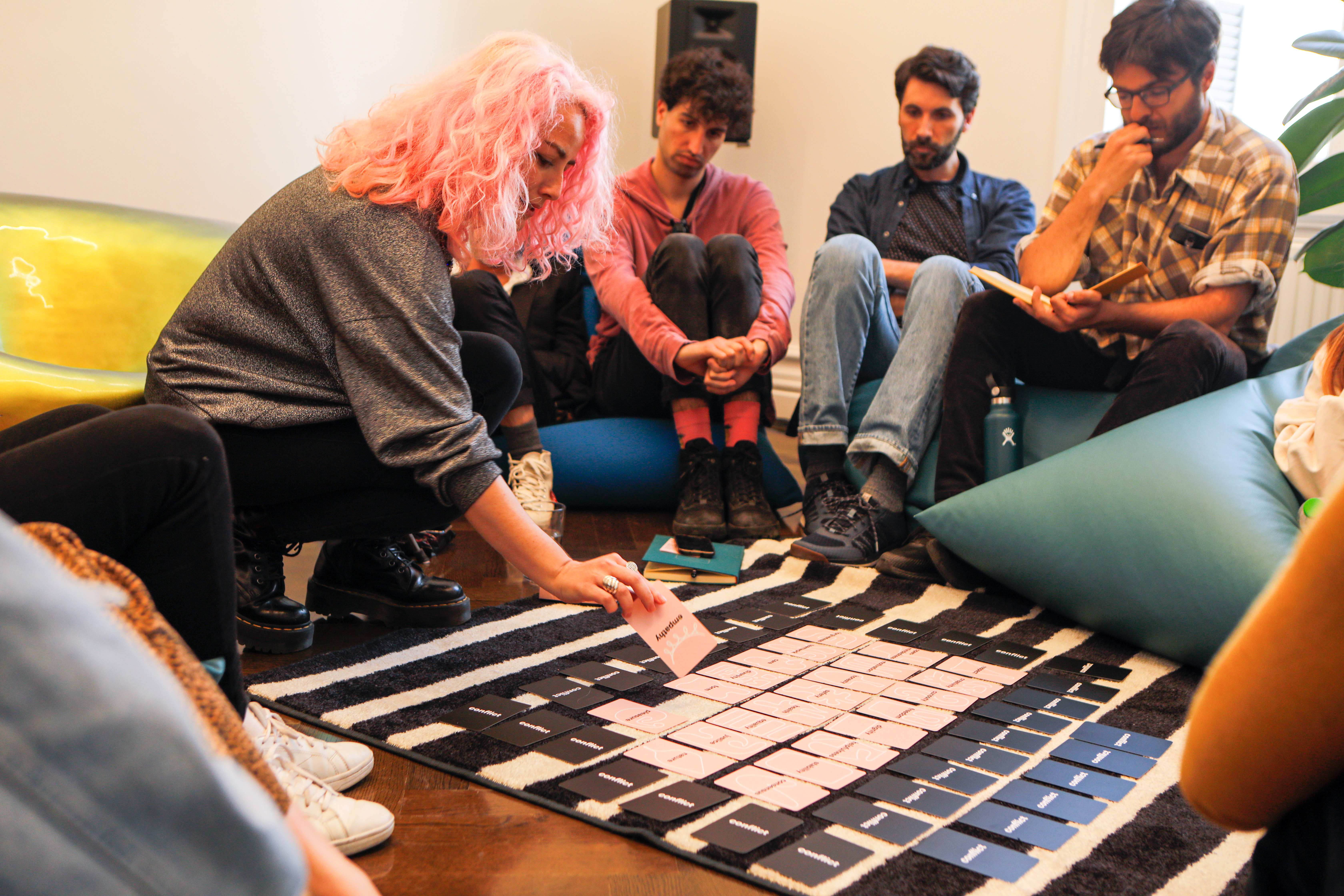
RESHAPE PROTOTYPE ON THE ROAD - The Gamified Workshop Toolkit: Values of Solidarity in Athens!
Finally together on-site!The Reshape team has been working hard during the months of pandemic - and the results are here! Tangible, intangible, in the form of ideas and concepts, but also games, cards and publication.
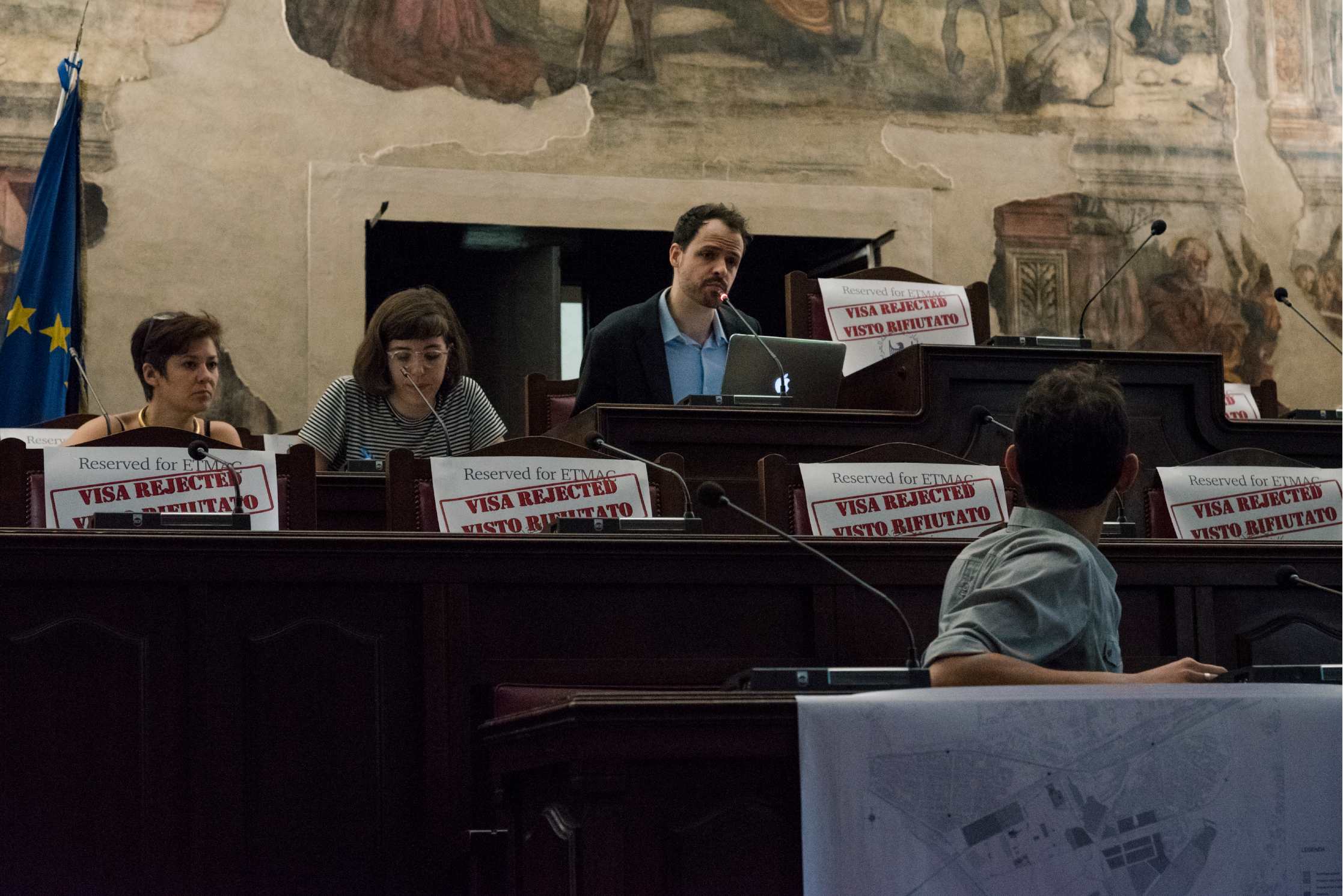
ETMAC: The Extra-territorial Ministry of Arab Culture
At a time when Arab countries are bleeding away their creative capital with the departure, emigration, or exiling of pioneering intellectuals and artists, one wonders about the future of their practices and legacies. HaRaKa’s performance theorist and artist Adham Hafez and anthropologist and urbanist Adam Kucharski pose the following question: can the institution of the ministry of culture be rehabilitated to serve this new diffuse community of art producers and serve as a locus of cultural production outside of the traditional boundaries of the nation? Can the institution evolve to meet the needs of an artistic and cultural community that is, at least temporarily, extra-territorial? And can it help to rebuild shattered national institutions on artists’ terms?
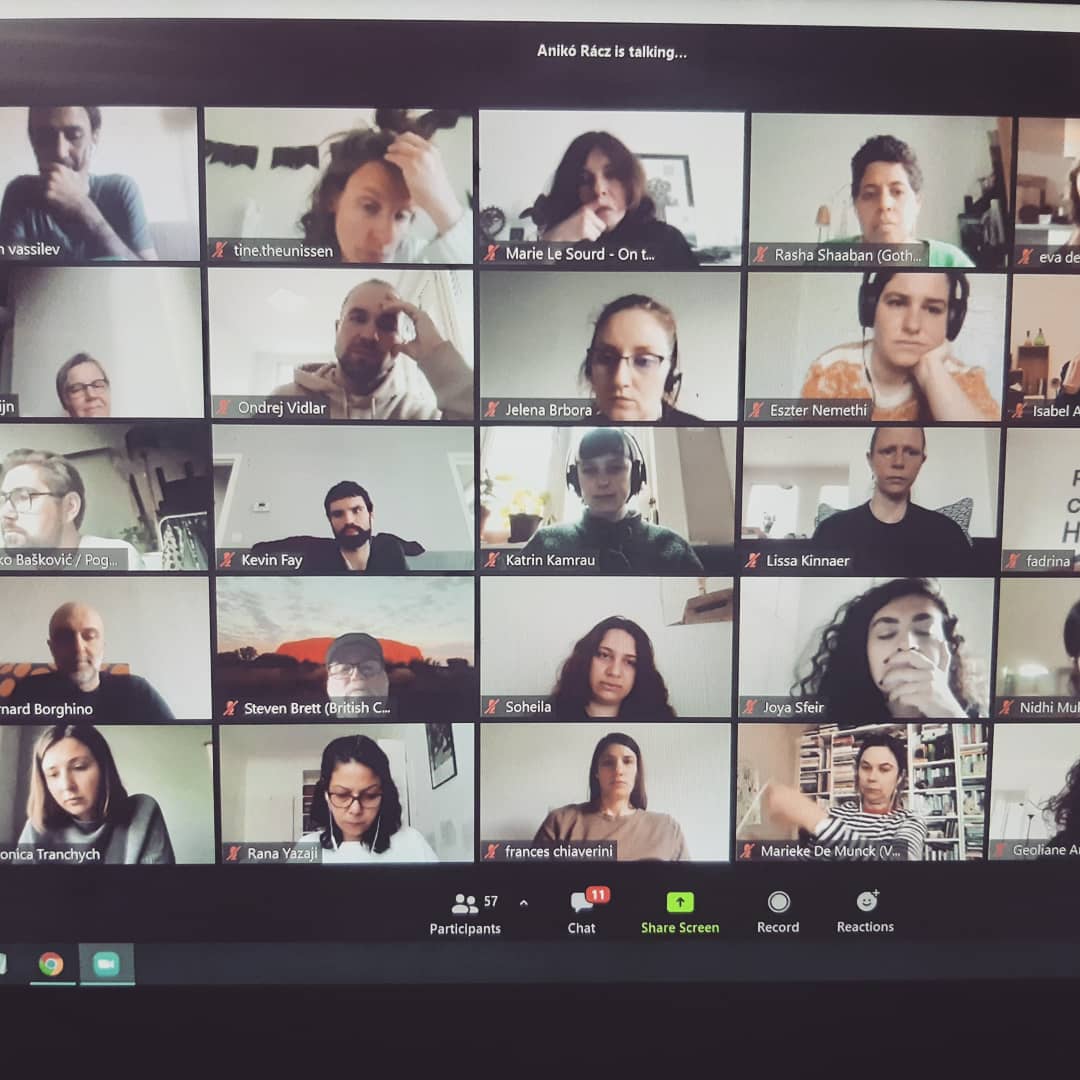
Online workshop: more than fifty people had joined ‘The Gamified Workshop Toolkit’
Flanders Arts Institute, Ettijahat - Independent Culture and Pogon - Zagrebački centar za nezavisnu kulturu i mlade organized an online session of testing ‘The Gamified Workshop Toolkit: Values of Solidarity’ prototype. The prototype was developed by Anikó Rácz, Doreen Toutikian, and Dorota Ogrodzka, within the frame of the Solidarity Economies trajectory group. It was especially designed for teams that are just beginning their collaboration, primarily in the field of arts and culture, but also in other relevant sectors.
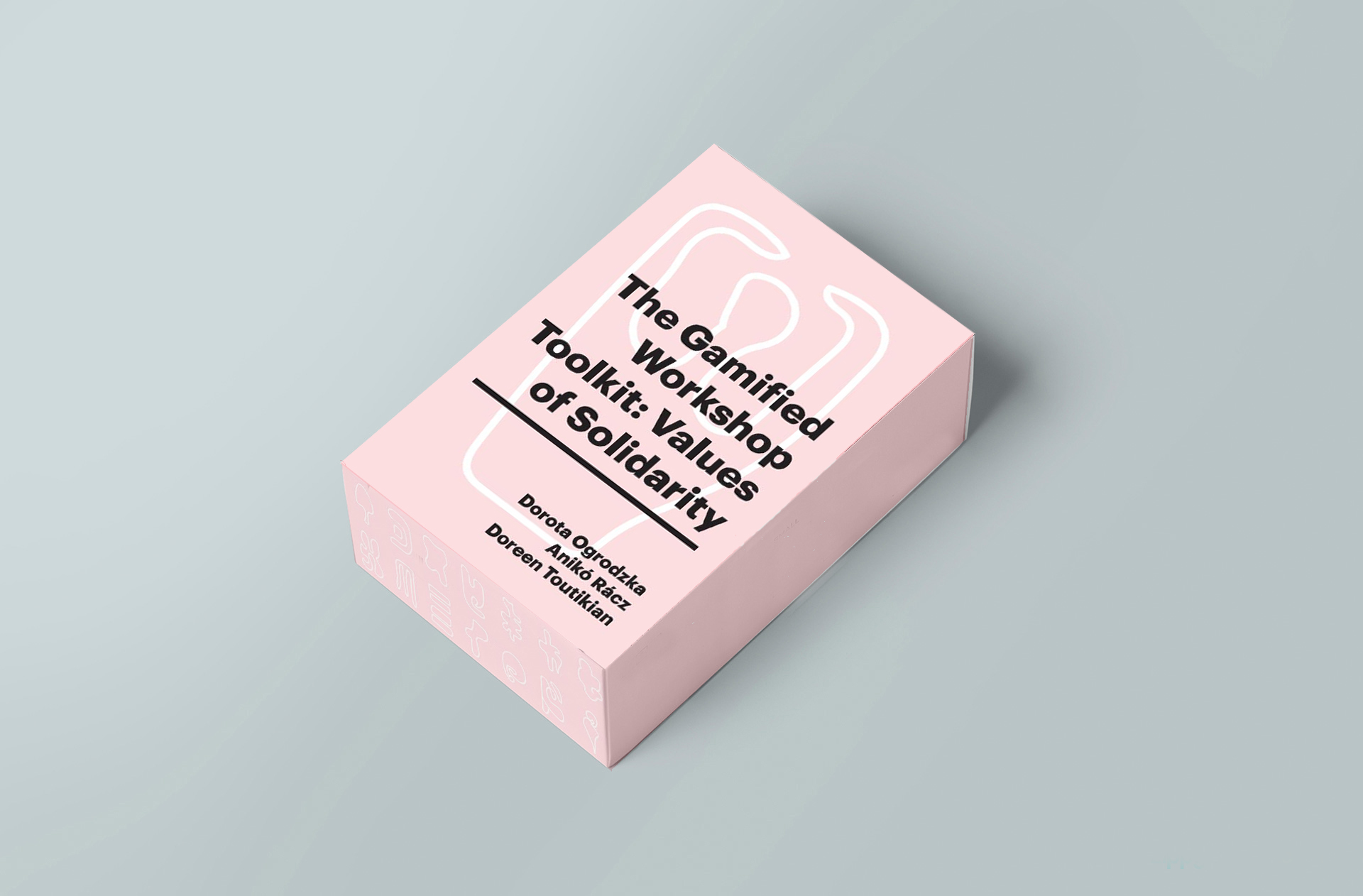
'The Gamified Workshop Toolkit' goes online on May the 6th!
'The Gamified Workshop Toolkit' is an online workshop about solidarity in collaboration developed in the framework of the RESHAPE project. During this workshop, we will test ‘The Gamified Workshop Toolkit’, which is a card game that is especially designed for teams from different cultures, backgrounds, or personal situations, who are just beginning their collaboration.
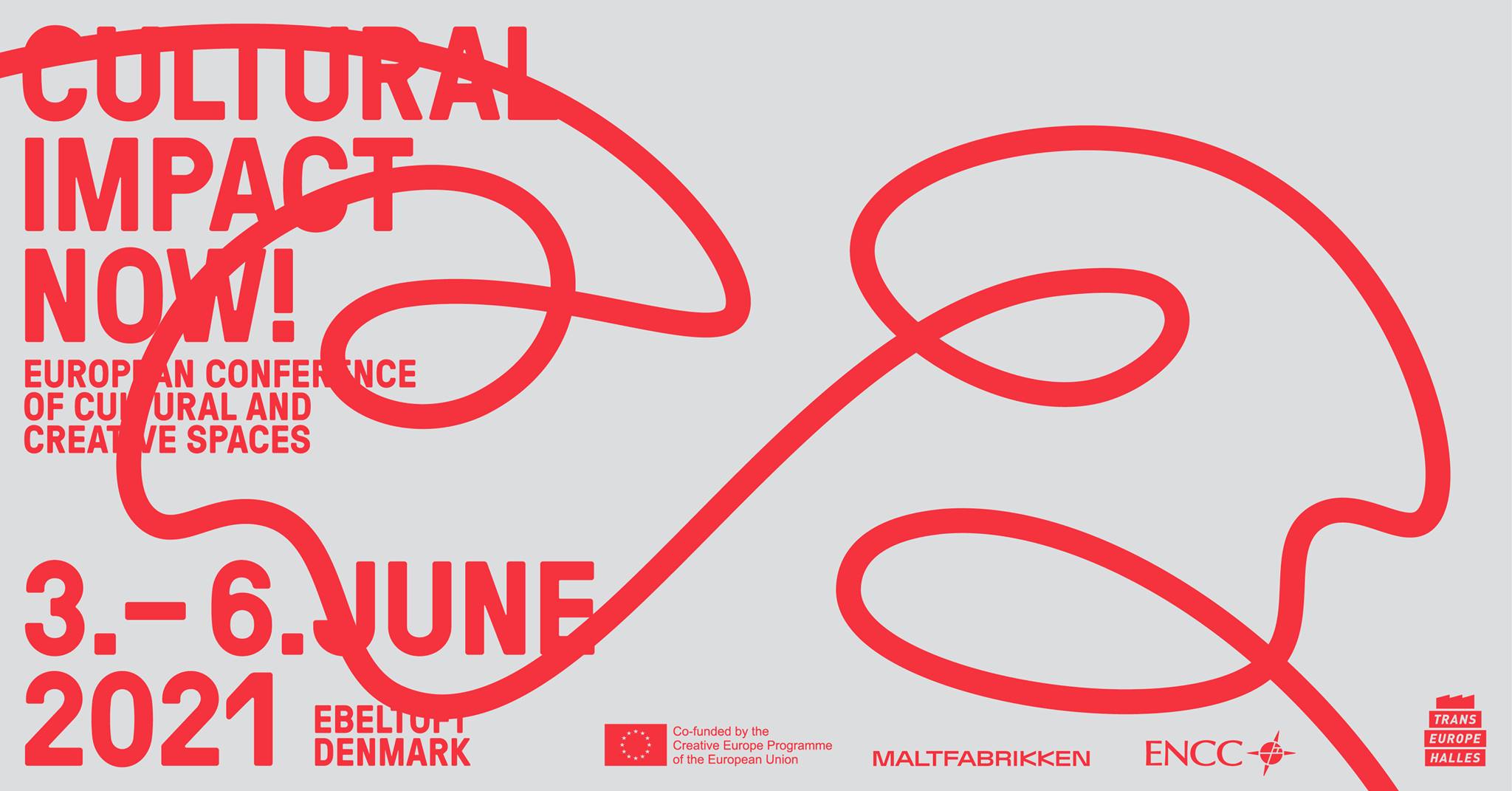
Values of Solidarity in the frame of Cultural Impact Now - a conference organized by TEH
On June the 2nd members of the Reshape community represented their work and results in the frame of conference that gathered a broader audience of the European performing arts practitioners and experts. Twice a year, TEH organizes meetings and conferences to exchange knowledge, to start conversations and to connect with other cultural changemakers. These events serve as a hotbed of new ideas and collaborations, reflect diversity of the network and explore topics that matter to cultural workers all around Europe.

The RESHAPE project was presented for the first time offically to a wider audience in Bulgaria
An online conference organized by ACT Association (Bulgaria) took place on the 10th of June in Sofia. The multilingual event presented for the first time in detail the RESHAPE project to general Bulgarian audiences.

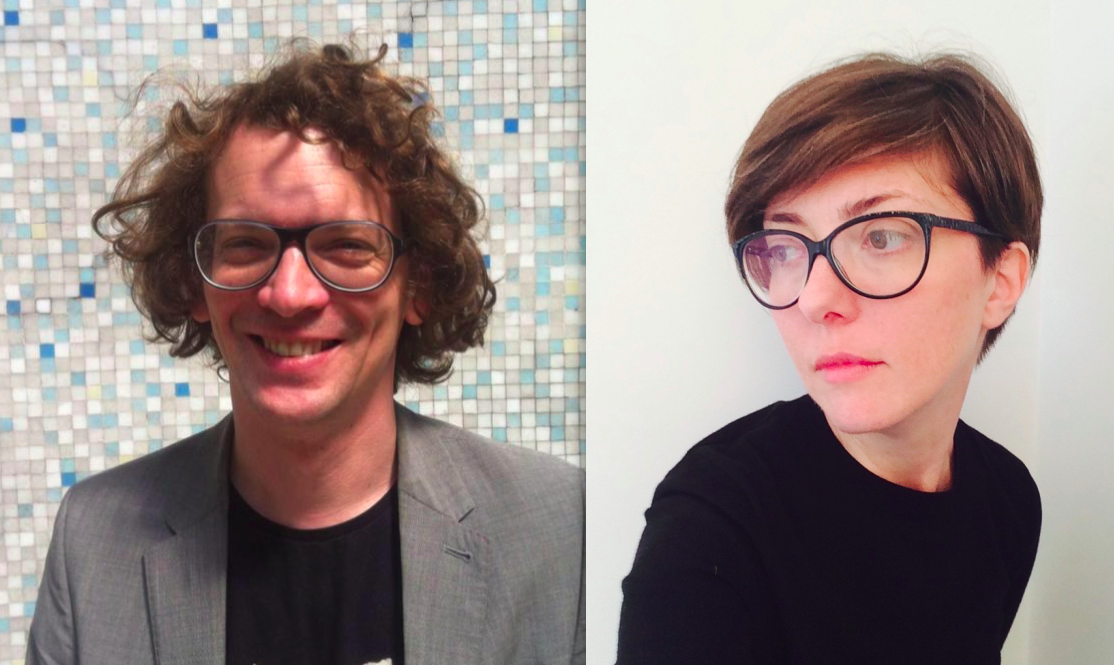

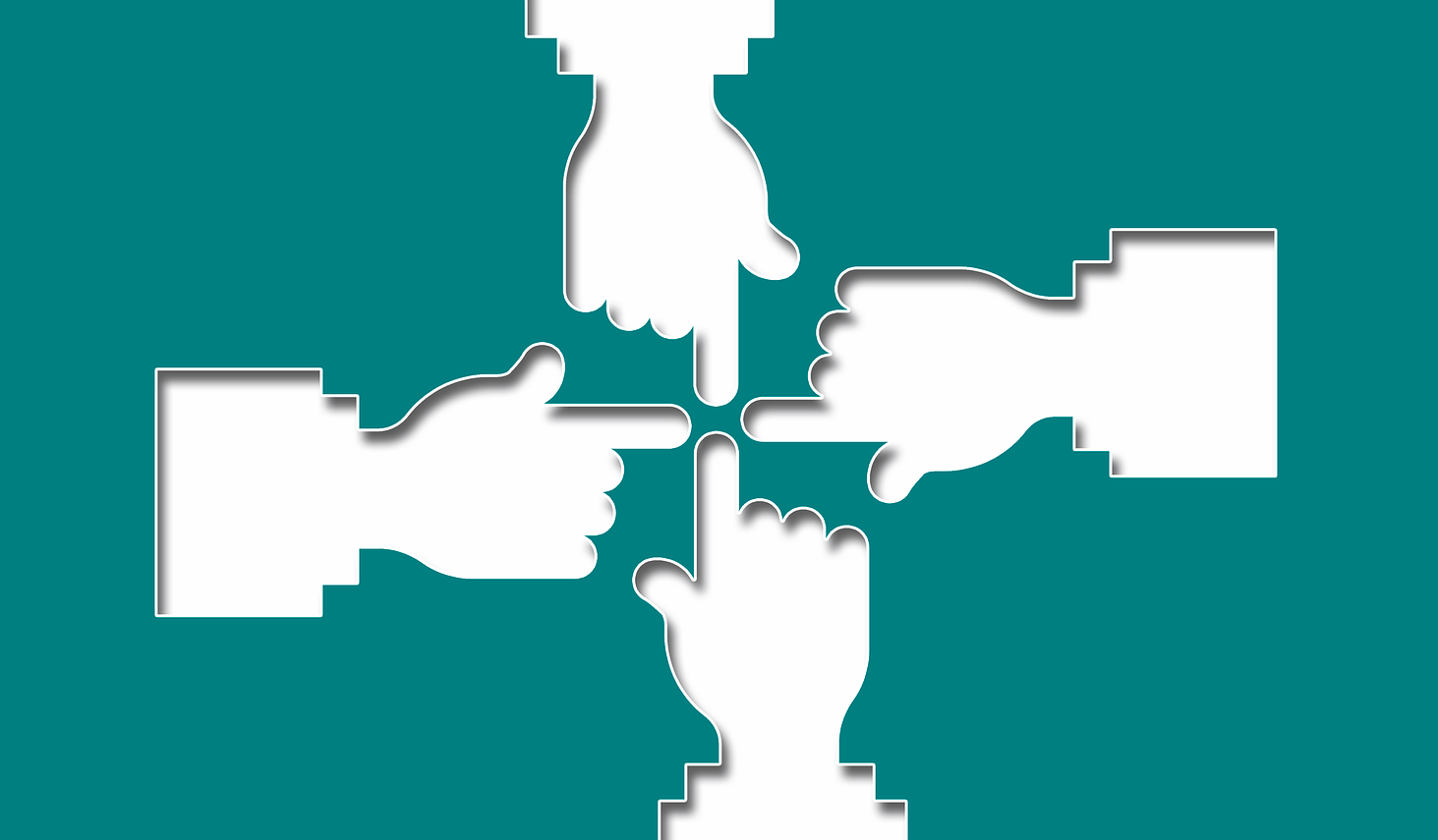
Remote Kiev: Solidarity Funding
The Solidarity Economies trajectory will continue shaping their rough ideas on what prototypes they want to work on. With help of the external facilitator, Konrad Gadzina, the group will focus on developing the manifesto that will underpin the principles for all other 5 prototypes ideas.